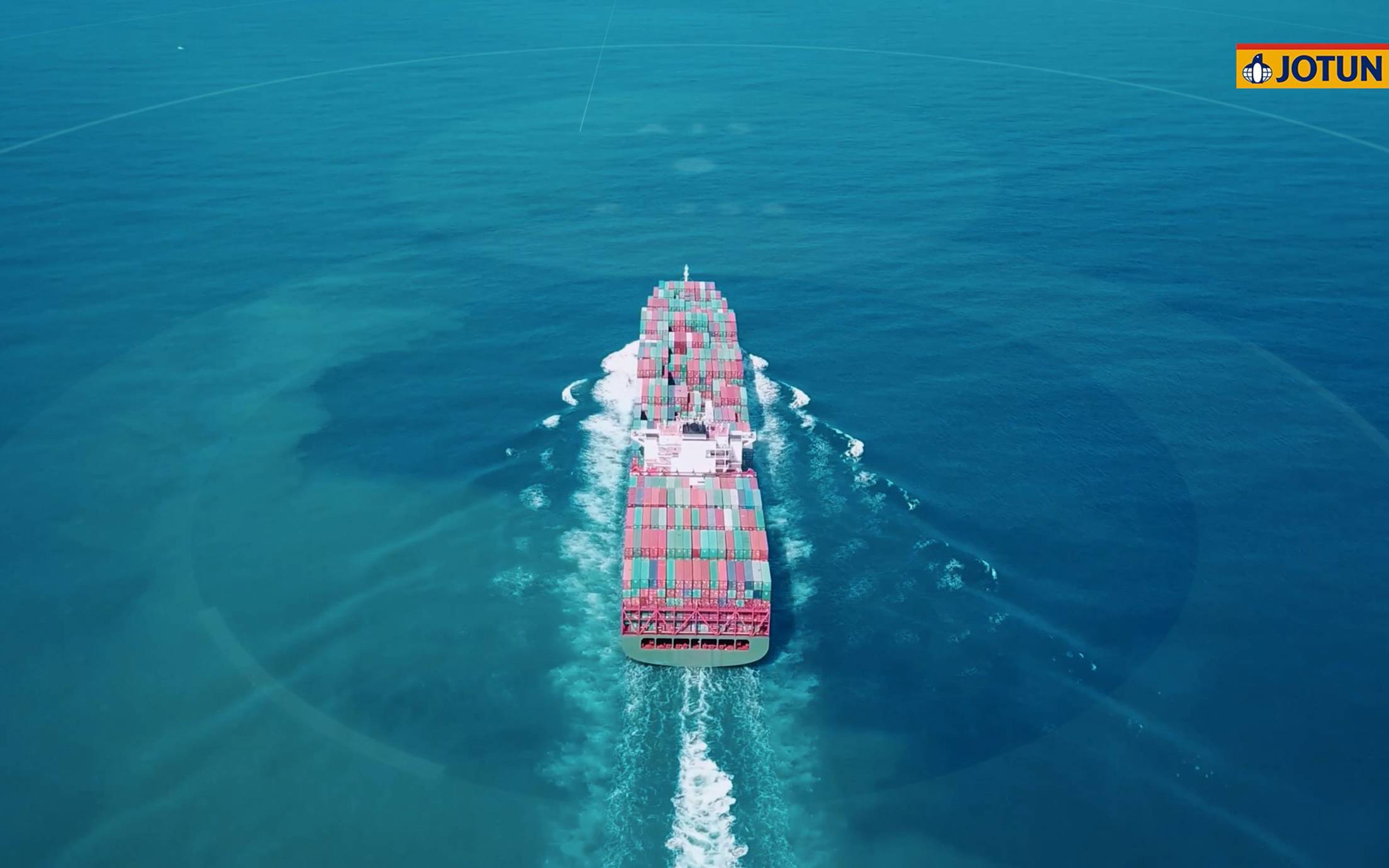
Take hull control: optimise your hull performance coatings
Ship operators often need to make decisions based on information that may rapidly become outdated. One such decision is the choice of coating.

HullKeeper is designed to help identify potential fouling problems before they slow vessels down. Keeping fuel costs under control is the most obvious benefit. Other benefits include saving cost on inspections and cleaning, reduced environmental footprint and increased competitiveness through improved fleet control and risk management. Regulatory compliance through improved reporting is another important benefit.
Fuel is one of the largest items of expenditure for most vessels and although sometimes paid for by time charterers, any reduction will benefit all parties either directly in cost or through improved reputation. Biofouling has a significant impact on fuel consumption therefore maintaining hull performance is an essential step in cutting fuel costs.
Regular inspections will determine the level of fouling but with HullKeeper’s accurate and trustworthy monitoring and prediction service the number of inspections can be reduced saving both time and expense. The improved prediction also means that the number of underwater hull cleaning missions can be minimised saving further expense and potential off hire deductions.
With every ton of oil fuel burned in an engine producing something like 3.25 tons of CO2, the reduced fuel consumption has a significant effect on emissions. In 2018 international shipping emitted around 919 million tons of CO2 and 21m tons of other GHGs such as methane NOx, and SOx.
It has been calculated that 9% of these emissions were directly attributable to the effect of biofouling. That means the reduction potential of maintaining clean hulls could equate to as much as 83 million tons of CO2 and a further 2 million tons of other GHGs.
Adopting the HullKeeper Program will allow operators a large measure of improved fleet control. Insight into developing issues as they begin to occur allows for planned corrective actions and less ‘fire-fighting’ measures that are mostly expensive and inconvenient. As more information and data is accumulated, best practices can be adopted across the whole fleet rather than dealing just with individual vessels.
Where vessels are chartered in and the operator has little say in the choice of coating applied, HullKeeper does allow some control of performance over time and permits verification of any implemented actions aimed at improving performance.
This is an area of increasing concern for operators with nation states and ports adopting new requirements in respect of biofouling. Occasionally an unrelated incident may trigger an underwater inspection that reveals a badly fouled hull that may prompt authorities to take action. Some ports require evidence of a clean hull even under normal port call circumstances.
Through the improved reporting, that is part of the HullKeeper Program, the requirements from regulatory and port authorities are easier to meet.
Looking ahead, not all regulations need be punitive and more ports are signing up to initiatives such as Environmental Ship Index (ESI), Green Award and the Clean Shipping Index (CSI) to better reward more efficient vessels by way of reduced port charges. Hull condition may not yet feature in these programs, but some are currently based on the IMOs Energy Efficiency Design Index (EEDI) ratings and will probably include the Energy Efficiency Existing Ship Index (EEXI) when that takes effect in the future.

Ship operators often need to make decisions based on information that may rapidly become outdated. One such decision is the choice of coating.

As ship operators struggle to address regulatory and market pressures, Jotun is committed to supporting its customers and making a positive difference. Transitioning from a position of paint and coating supplier to solutions provider, we are developing concepts and services that meet customer needs and solve business challenges.

There is growing pressure on the shipping industry to address sustainability issues. We try to make a positive difference by developing products and services that help our customers meet the new demands.
A video is being shown
An image is being displayed
A brochure is being displayed